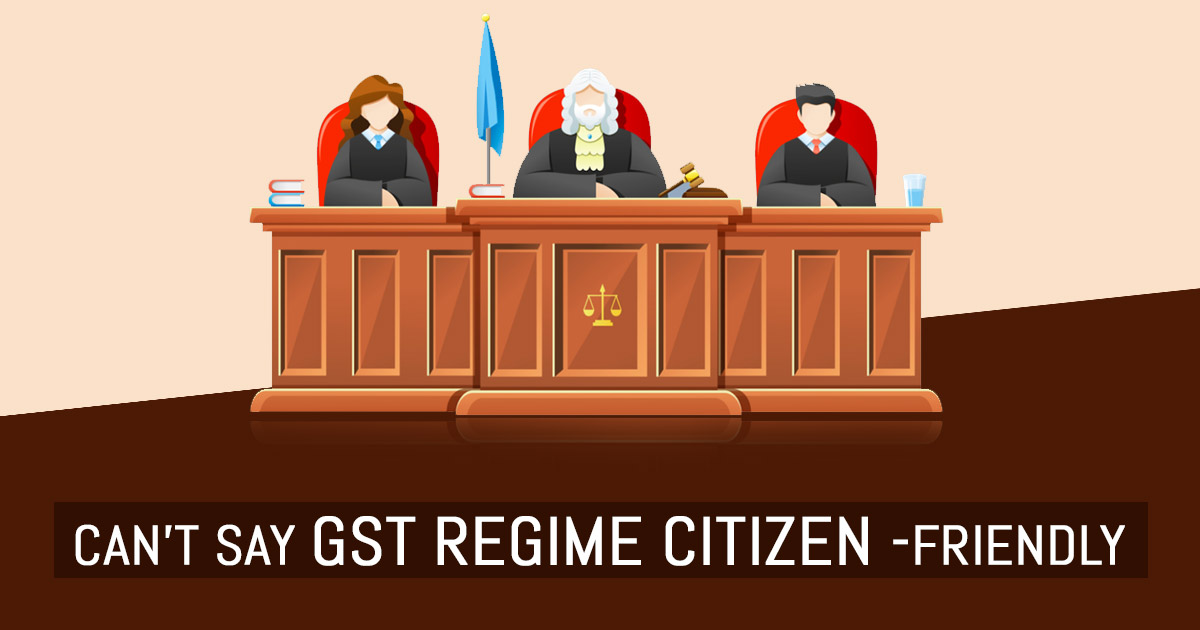
The Supreme Court, severely criticized the way GST has been implemented (enforced) to date and called it no longer existing as a citizen-friendly act (as it was intended in the beginning). Further, the government emphasised that officers must try to seek a balance between shielding government revenue and permitting genuine business organisations to operate.
Justice DY Chandrachud observed that while enacting the GST Act, the objective of the government was to enforce a citizen-friendly tax mechanism; however, the basic objective of the GST has not been achieved due to the manner it has been implemented (enforced).
Recalling history in a hurry, The bench of Justice MR Shah and Chandrachud had been hearing a plea against powers of the GST tax authorities of provisional attachment as per the Himachal Pradesh GST Act. The plea had been filed by a company “Radha Krishna Industries” that blamed the power of attachment of property of tax authorities (under Sec 83) as draconian. In the aforesaid case, Advocate Surjeet Bhadu and Advocate Puneet Bali appeared in the honourable court for the petitioner company.
Here, It is worth mentioning the goods and services tax law. As per Sec 83 of the Himachal Pradesh GST Act, during the pendent tax proceedings, the tax authorities could attach any property (including accounts receivable and bank accounts) and it is called by the name Provisional Attachment. This measure of the shield is used by the tax authorities. It makes sure the satisfaction of subsequent judgment by the courts.
Contrarily, The honourable court criticised the tax officers for making huge demands in the absence of any accountability. The court added that If a Rs 10,000 crore demand raised by officers is limited to Rs 1,000 crore by an honourable court it should be reflected in the assessment of the tax authorities.
Thereafter, The court further labelled provisional attachment as ‘draconian’ and ‘pre-emptive strike’. “Justice Chandrachud added “Tax authorities can’t start attaching assets unless there’s alienation, winding up or liquidation of assets,”
It is important to mention that in Jan 2021, the Himachal Pradesh High Court had rejected the plea that sought the quashing of the provisional attachment as per Sec 83 of the aforesaid act. However, the SC reserved its judgment on the aforesaid issue.